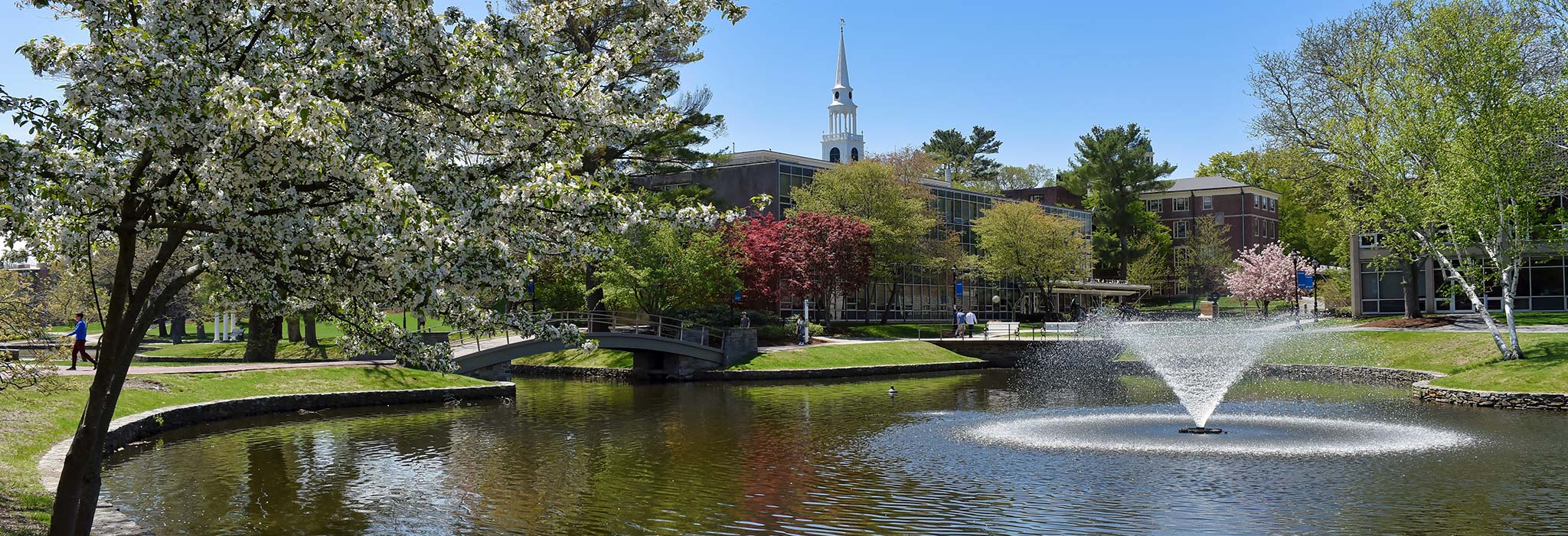Learning Outcomes
Beyond equipping you with the following skills that will be invaluable in your professional endeavors, a major underlying goal of the Visual Art program is to cultivate a love of art-making that will continue to deeply enrich your cultural experience for a lifetime.
Visual Literacy
Equipped with the vocabulary of a visual language, students will:
- learn to think critically
- develop powers of discernment
- harness powers of expression
- apply theoretical and aesthetic understanding of the fundamentals of design (form and structure) and its relationship to meaning (content), to successfully transform ideas into compelling artistic works
- effectively communicate in oral and written form, the personal intention of their creative work, from inception to full formal realization
- learn to critically investigate, interpret, and respond to the work of other artists and theorists within an historical and contemporary global context
Technical Competencies
Students will:
- develop a working knowledge of the history and technical processes applicable to an artistic discipline, such as drawing, painting, sculpture, printmaking, photography, filmmaking or new media
- acquire the necessary technical skills in a chosen artistic medium, that can be applied to current and future artistic production
- advance their technical expertise and artistic practice to thrive within either solo or collaborative creative environments
Creative Expression
Through self-directed research, experimentation, risk-taking, and reflective analysis, Visual Art students will:
- hone creative problem-solving skills
- discover their own unique and confident artistic voice, informed by a broad exposure to historical and contemporary works of art
- explore how contemporary art practice creatively and critically works between and/or across disciplines
- appreciate how individual modes of artistic inquiry foster creative thought and socio-cultural expression
Professionalism
There are several avenues for Visual Art majors to advance professional and artistic goals. To help sustain a deep intellectual engagement with art after graduation, serious student artists will:
- utilize appropriate media and technology platforms for artistic exposure in the public realm
- develop presentation skills for successful application to graduate programs; arts organizations and publications; museum curators and gallery directors
- contribute to the cultural, intellectual and educational life in the community
